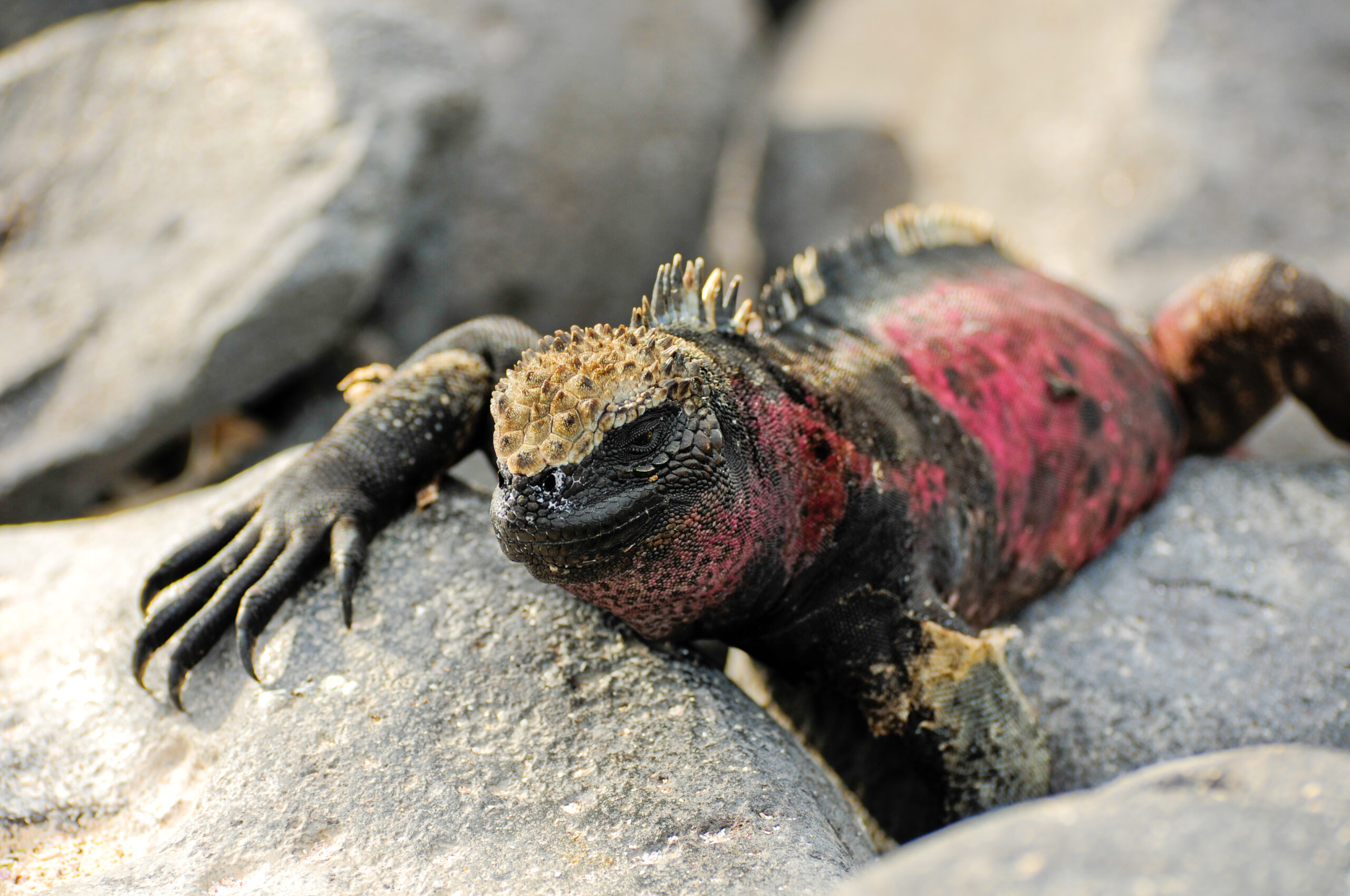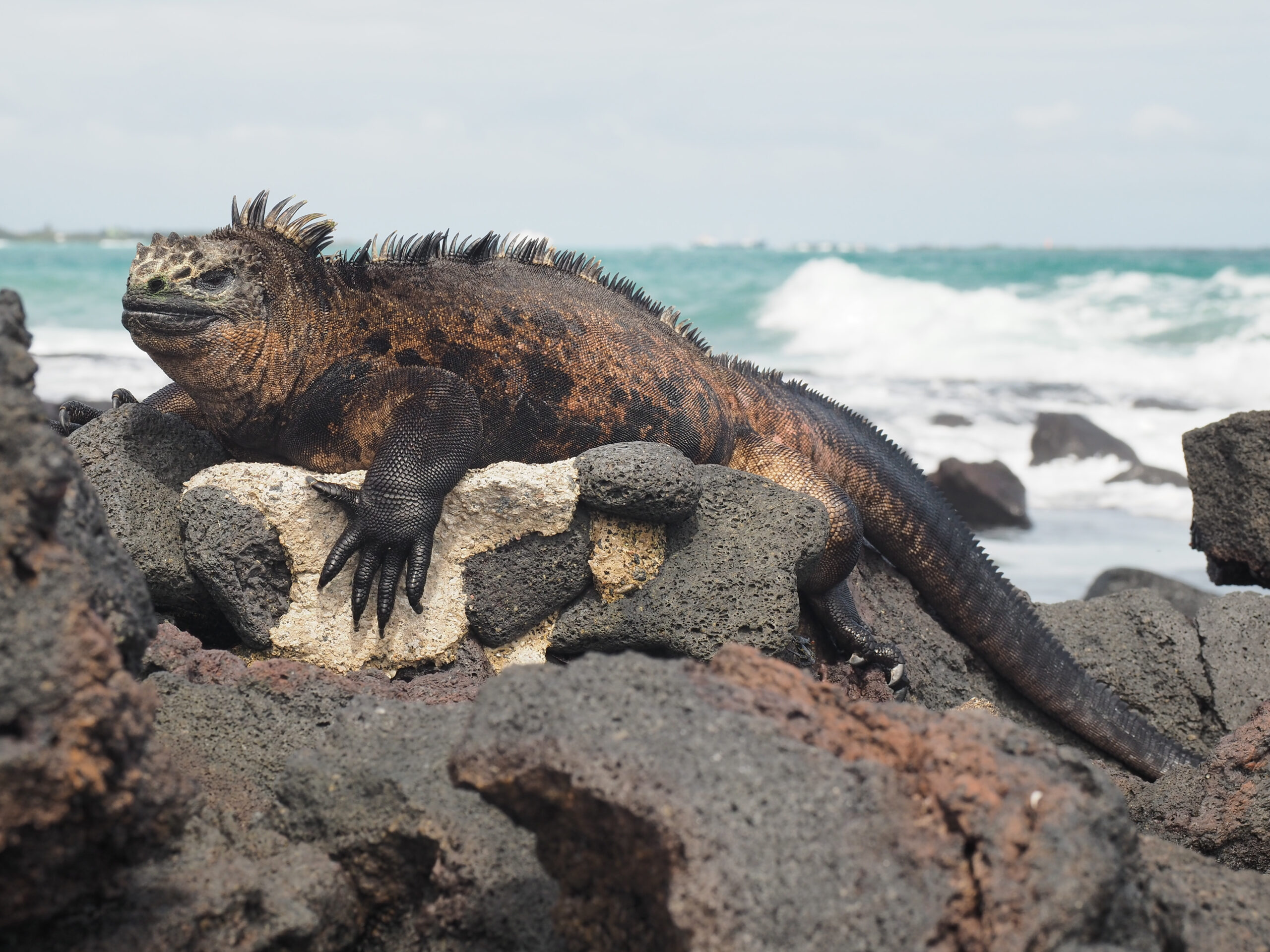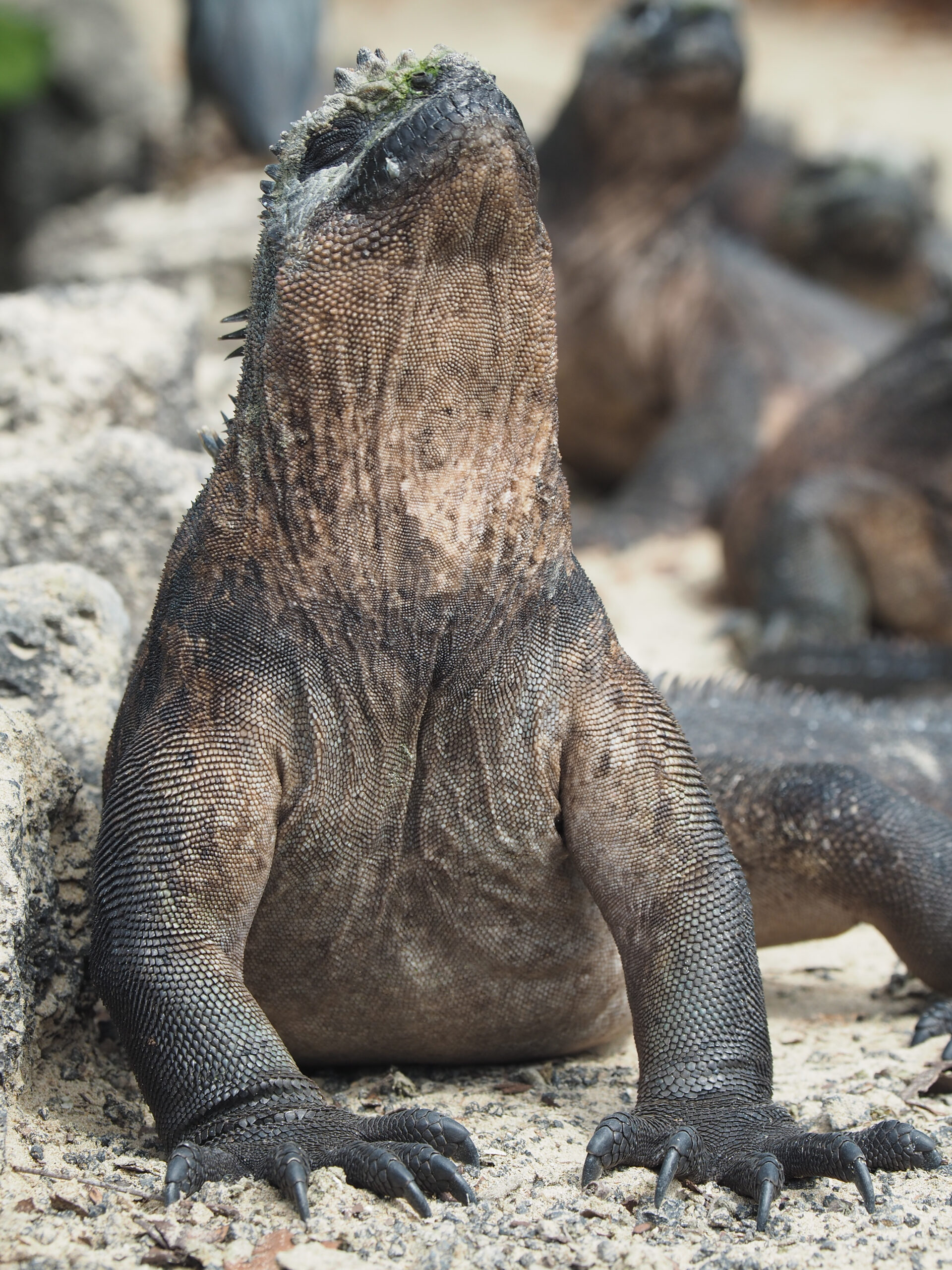






MEGABIODIVERSITY
empowering ecosystem services
We develop turnkey projects for the implementation of Carbon Credits and Thematic Bonds in megadiverse regions and hotspots.
mega
biodiversity
Megadiversity, the extraordinary concentration of life in specific regions of the planet. Approximately 70% of the World’s biodiversity in concentrated in juts 10
% of the global territory. These countries, known as megadiverse countries are home to a Vast number of endemic species, unique ecosystems, and unparalleled biological richness.
Megadiversity is not only vital for maintaining the balance of life on earth, but it also represents an invaluable source of ecosystem services that sustain human life: from climate regulation and water supply to pollination and soil fertility. These ecosystems are the foundation for local economies, food security, and global health.
The protection and regulation of these regions are crucial to addressing the challenges of climate change, environmental degradation, and biodiversity loss. Through Our commitment to megadiverse countries, we develop solutions that integrate conservation and economic development, ensuring a positive triple impact: social, environmental, and economic.
ecosystem services
Ecosystem services are the essential benefits that natural ecosystems provide to humanity,. These services range from air and water purification, to crop pollination, pest control and climate regulation. Healthy ecosystems also act as protective barriers against natural disasters and offer spaces for recreation, mental health and well-being.
Provisioning services: resources like food, water, timber, and fibers.
Regulating services: functions such as climate regulation, air, and water quality.
Supporting Services: processes that allow ecosystems to function, such as nutrient cycling and soil formation.
Cultural services: non-material benefits like spiritual, aesthetic, and recreational value.
The balance and conservation of these services are fundamental to the sustainability of our economies and the long-term survival of our communities.
NATURE'S CONTRIBUTIONS TO PEOPLE
Nature’s Contributions to People (NCP) is a more recent and broader concept that emerges from the work of IPBES (Intergovernmental Science-Policy Platform on Biodiversity and Ecosystem Services). It encompasses not only traditional ecosystem services, but also the ways in which nature interacts with culture, human well-being, and community identity.
NCP broadens the understanding of the relationship between nature and people, recognizing the diversity of knowledge, cultures, and ways of life, especially in local and indigenous communities. This approach includes both tangible and intangible benefits that go beyond the material, highlighting that nature conservation also involves preserving ways of life, ancestral knowledge, and cultural identity.
Both concepts underline the importance of integrating nature into political and economic decision-making, especially in megadiverse regions, where maintaining these services is key to global sustainability.
PRESERVATION AND ENRICHMENT OF ECOSYSTEM SERVICES
Our Vision, aligned with IPBES (Intergovernmental Science-Policy Platform of Biodiversity and Ecosystem Services), goes beyond simple conversation.
we propose a highly adaptable system that integrates local knowledge and culture practices into global strategies for the preservation and regeneration of ecosystems services. This system ensures that local communities play a leading role in decision-making, contributing not only to the protection of their environment but also to the improvement of their quality of life.
The Megadiversity Theory that underpins our work suggest that it is not only possible but essential to integrate the value of ecosystem services into economic models. By doing so, we create mechanisms that promote local wealth as a means to ensure the provision of global ecosystem services, such as climate regulation, soil fertility, water purification, and pollination.
Megabiodiversity’s approach is centered on a continuous exchange of information between local and global stakeholders, enabling coordinated and data-driven decision-making. This facilitates the equitable sharing of both ecological and economic benefits, ensuring sustainable development that respects and strengthens local cultures while preserving the essential ecosystems of the planet.
We add global value to local ecosystem services
We support sustainable development, energy transition, climate change and biodiversity protection projects, aligned with the 2030 Agenda and the Kunming-Montreal Global Biodiversity Framework.
We offer robust data, local certifications, international financial services and technical resources for a verifiable triple impact.
We create ad hoc data management systems for 100% of the projects, from programming to evaluation, designed to guarantee triple impact and facilitate project financing and profitability.
Thematic projects for sustainable development SERVICES

Triple Impact
We integrate the main global agendas (Agenda 2030, CBD, UNFCCC, UNFCLD) into a single system, guaranteeing a Triple Impact: social, environmental and economic. This holistic approach ensures that our projects contribute to sustainability at all levels, creating measurable and lasting value. LEARN MORE
Wealth Sustainabilty
Our system promotes the creation of local wealth through the conservation and regeneration of biodiversity, ensuring the provision of key ecosystem services at a global level. In addition, we facilitate the exchange of strategic information for coordinated decision-making, ensuring that local and global knowledge are aligned in the preservation of the planet. LEARN MORE
megadiversity certifiate
The sustainability guarantee that drives projects and products towards premium markets, with a focus on biodiversity, planetary boundaries, triple impact and access to international financing. LEARN MORE
integrated monitoring, reporting, and verification system
Transparency and accuracy in heritage conservation: the Megabiodiverse MRV System for verifiable environmental impact and informed decisions. LEARN MORE
planet data bank
El futuro de la sostenibilidad en tus manos: datos precisos, decisiones informadas, y un impacto global. LEARN MORE
REGENERATION
MBD=(R+D) X (C+R)




REGENERATION
Regeneration is a concept that goes beyond sustainability. While sustainability seeks to maintain and conserve resources and ecosystems in their current state, regeneration aims to restore, renew and enhance ecosystems and human communities so that they can thrive in the future.
Environmental regeneration involves the active restoration of biodiversity, soils, water and degraded ecological systems, allowing them to return to their natural or even improved state. This includes reforestation, soil regeneration, habitat restoration, and the promotion of agricultural and economic practices that contribute to natural balance.
However, regeneration does not only refer to the ecological realm. It also encompasses the regeneration of local communities, improving their ability to adapt and thrive in harmony with their environment. In this approach, traditional knowledge and local cultural practices play a fundamental role in creating resilient systems and renewing the social and economic fabric of megadiverse regions.
At Megabiodiversity, we apply the regeneration approach to ensure that solutions not only restore ecological balance but also enrich the lives of local communities, fostering a positive cycle that generates long-term value for both ecosystems and people.
PLANETARY LIMITS
Planetary Boundaries are a scientific framework developed to identify the key processes that maintain the stability and resilience of the Earth system. This concept, proposed by a group of scientists led by Johan Rockström in 2009, defines nine limits within which humanity can safely operate. If these limits are exceeded, there is a risk of generating irreversible environmental changes that could destabilize the planet.
The nine planetary boundaries are:
Climate Change: The concentration of greenhouse gases that alters the global climate.
Biodiversity Loss: The extinction of species that affects ecosystems and their capacity to recover.
Nitrogen and Phosphorus Cycle: The excessive use of fertilizers that unbalances natural systems.
Fresh Water: The over-exploitation of water resources and its impact on biodiversity and ecosystem services.
Land Use: The conversion of natural areas into agricultural or urban land that alters the soil’s ability to sustain life.
Ocean Acidification: The increase in acidity in the oceans due to the absorption of CO₂, which affects marine life.
Ozone Layer: The degradation of the ozone layer that protects the Earth from harmful UV rays.
Atmospheric Aerosol Loading: The particles in the atmosphere that affect climate and human health.
Chemical Pollution: The introduction of toxic substances into the environment, such as plastics and heavy metals.
The Planetary Boundaries framework is key to Megabiodiversity Theory, as it helps measure and monitor human impacts on ecological systems. At Megabiodiversity, we use this framework to ensure our projects align with these boundaries and promote sustainable development that respects natural balances.
By operating within these limits, we ensure not only the conservation of ecosystems, but also the long-term security and prosperity of human communities.